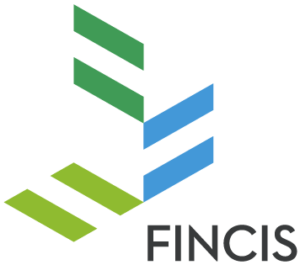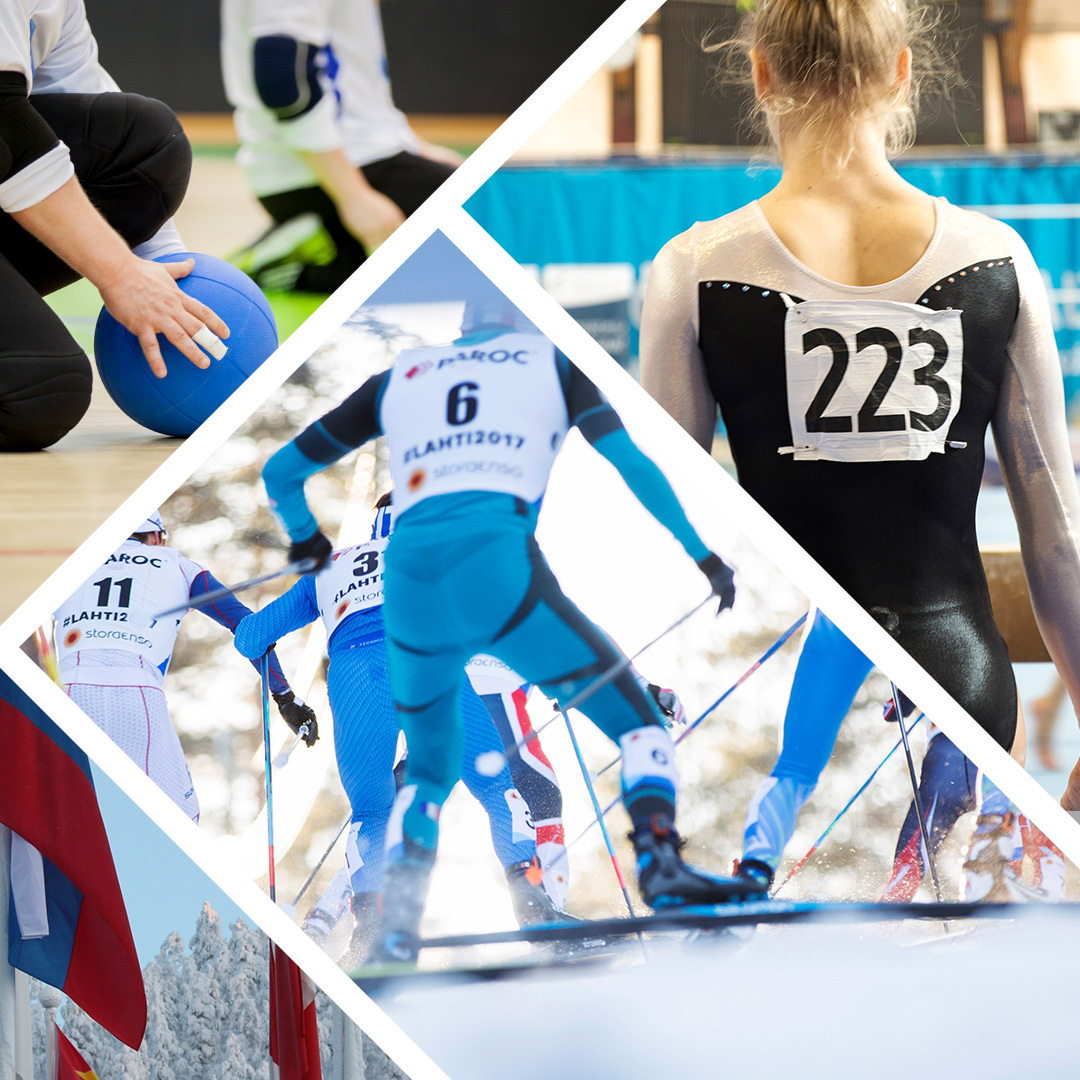Sports institutes play a key role in the education of athletes and professionals in the field of sports, as training grounds for top-level athletes and as international meeting places for people interested in sports. FINCIS cooperates closely with sports institutes in promoting clean sports and fair play. The anti-doping programmes of sports institutes determine the nature of the institutes’ anti-doping activities. Anti-doping education and training sessions are part of the institutes’ education services. Other tasks of FINCIS are also presented in these sessions.
Sports institutes agree to comply with the currently valid Finland’s Anti-Doping Code. In addition, sports institutes establish their own anti-doping programmes where they define the goals and practical actions of their anti-doping activities. The anti-doping programmes are based on the status of each institute, which means that each programme is different. The programmes emphasise educational work and cooperation to enhance doping control both in the institutes’ facilities and in areas used for sports.
Each sports institute must appoint two persons in charge of anti-doping activities that represent the coaching centre and the institutes’ training and education services. They participate annually in the training sessions for training personnel arranged by FINCIS. In addition, they maintain their respective institutes’ anti-doping programmes up to date and ensure that the updated information and material is available to the sports institute.
The Association of Sports Institutes of Finland (ASIF) is also committed to developing activities in compliance with the rules of clean sports and fair play at sports institutes. The association is one of the contracting parties of the anti-doping programmes. The association is responsible for coordinating the anti-doping programmes of sports institutes and assisting the institutes in improving their joint communications about matters related to anti-doping.
Education and training activities of sports institutes in the anti-doping programmes
According to the anti-doping programmes, the goal of training and education is to raise awareness of anti-doping matters among the customers and personnel. The education and training sessions provide the resources to promote clean sports among young athletes. They also help understand the role of raising awareness of anti-doping activities as part of acting as a coach or instructor. Anyone participating in the training can use their anti-doping knowledge in the best manner they see fit in their sport and operating environment. They are personally committed to clean sports and display this commitment in their activities.
FINCIS’ other themes, such as manipulation of sports competitions, spectator safety and harassment-free sports are also present in the training and education sessions to an increasing extent. The goals of training and education have extended from the theme of clean sports in the anti-doping programmes to other ethical issues, such as the ability to make ethically sustainable choices in sports and exercising.
As part of their education and training services, sports institutes must arrange anti-doping education and training sessions for different target groups and include anti-doping in their instructor and coach training. Themes related to anti-doping activities and, if possible, other themes of FINCIS are presented in the sports institutes’ degree programmes, including:
- Vocational education and training (Vocational qualification in sports, Bachelor of Sports Studies and Master of Sports Studies)
- Vocational extended education and training (Vocational Qualification in Coaching, Further Vocational Qualification in Coaching, professional degrees in sports)
- Coach and instructor training (levels I, II, III)
- Other education and training (for example, sports massage therapist, personal trainer, sports ground maintenance)
In addition, anti-doping education and training sessions are arranged for athletes in secondary school camps and the staff of the sports institute. Secondary school camps are camps coordinated by an sports academy of the Olympic Committee that are aimed to support the growth of a young athlete on their way to a goal-oriented career, develop skills and expertise in various areas and help the young athlete in maintaining a balance between sports and school. Secondary school camps are arranged by sports institutes in cooperation with sports organisations, schools and sports academies. The people responsible for anti-doping activities appointed by sports institutes coordinate the anti-doping activities of the institute, arrange training and, for example, request additional training services from FINCIS. Information and education about doping outside elite sports can be requested from Dopinglinkki. The anti-doping education and training sessions of sports institutes are arranged with material and content approved by FINCIS.



